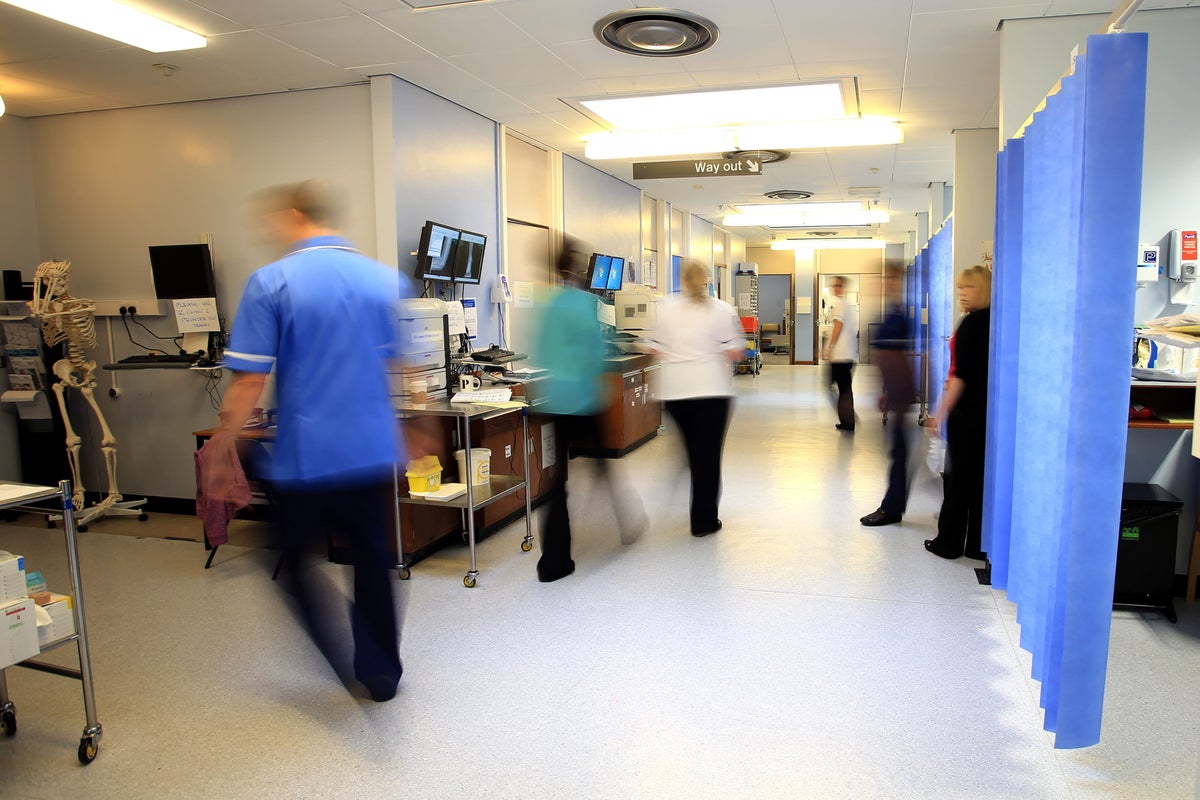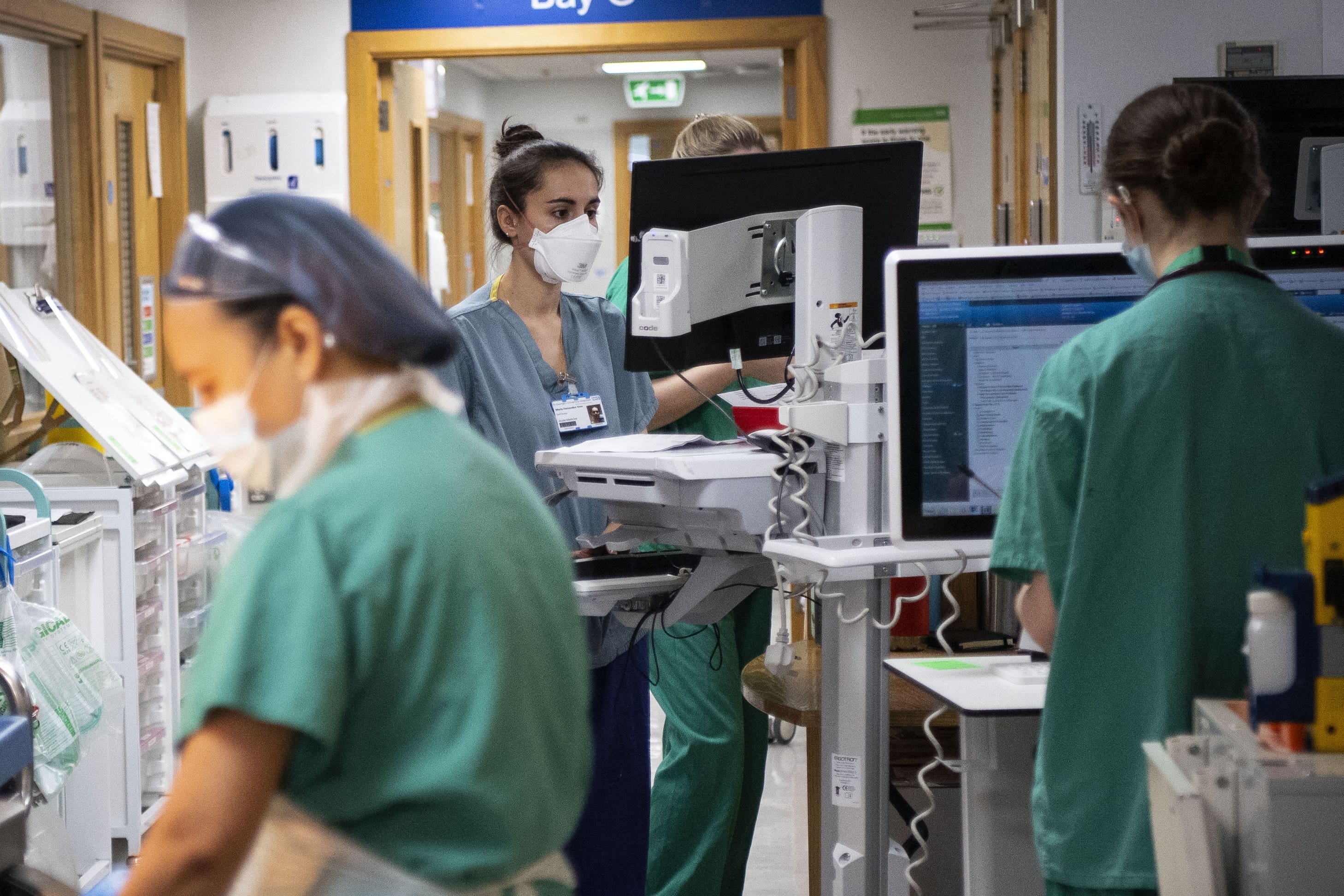
Military personnel are being trained to step in during widespread strikes that are expected to cripple the country ahead of Christmas.
The government has said around 2,000 Army staff, civil servants and volunteers are training for various roles including ambulance drivers and firefighters.
Although the deployment of troops has not been confirmed, the government said that the military is a part of the contingency plans if the strikes go ahead.
It comes as the country braces itself for the biggest wave of strikes the UK has seen in the lead-up to Christmas, including the first-ever walk-out for nurses.
Some 100,000 nursing staff are set to go on strike this month, the Royal College of Nursing has confirmed. The RCN has released the list of trusts impacted by the historic action, with 44 out of 219 NHS trusts in England voting in favour of walkouts.
Speaking about December’s mass industrial strike action, Conservative chairman Nadhim Zahawi told Sky News: “Our message to the unions is to say ‘this is not a time to strike, this is a time to try and negotiate’.
“But in the absence of that, it is important for the government ... to have contingency plans in place”, adding that they are looking at the military and a “specialist response force” to “surge capacity”.
The Tory party chairman reiterated that now “is not the time to be divided,” referencing Vladimir Putin’s war in Ukraine which has seen the UK, along with Europe, catapult into an energy crisis.
“We have to come together,” Mr Zahawi emphasised.

Mr Zahawi also refused to rule out using pharmacists to ease strike pressures.
He said the government had a duty to ensure there was a “minimum safety level of delivery” in place in the health service.
“The NHS will look at all contingency planning to make sure that patients are able to get the urgent treatment that they need. We have to be able to deliver a safe level of treatment and support to patients at all times,” he said.
Mr Zahawi urged unions across the public sector to abandon their demands for inflation or above-inflation pay awards, saying they were unaffordable.
“To ask for a 19% pay rise which would cost the NHS £10 billion I think is the wrong thing to do right now,” he said.
“If you accept all the inflation-level pay rises, that is about £28 billion.
“It would cost every household just short of £1,000. That is unsustainable when we are trying to be fiscally disciplined.”
Outside of the NHS, strikes are threatened to go ahead from Royal Mail staff, civil servants, firefighters, railway staff, airport workers and more.
The government said: “Multiple unions have taken the decision to strike over the coming weeks, leaving millions of people facing disruption over the Christmas period.”
“Many unions are asking for uplifts in line with inflation or even more - despite comparable uplifts in the private sector averaging between four and six per cent so far this year.
“The government recognises these are very challenging economic times. That’s why it is focused on getting inflation under control as the best way to help everyone’s money go further and avoid soaring inflation rates being embedded in the UK economy.”
The government added: “There is still time to call off planned strikes and ministers have repeatedly called for unions and employers to keep talking and come to an agreement, rather than take pre-emptive industrial action.”







